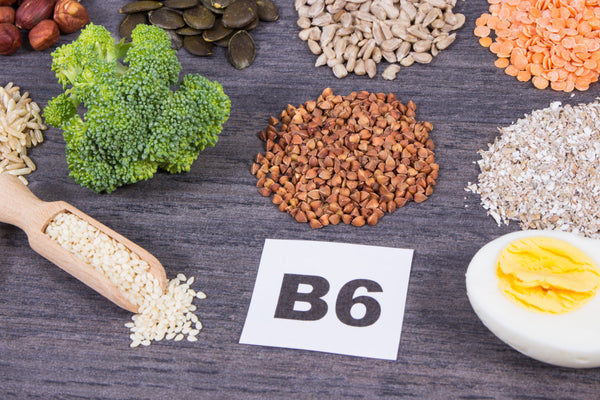
These are the Benefits of Vitamin K for Children

Although it may be rarely heard, vitamin K needs to be met every day. Especially for children who are in a period of growth and development.
Read: Various Kinds of Vitamins and Their Benefits
Children may be able to get vitamin K intake naturally, through the food they eat. Starting from vegetables, meat, fruit, nuts, or other sources.
Citing the Bundoo page, the Recommended Dietary Allowance (RDA) shows the amount of vitamins needed for various age groups.
According to the Food and Nutrition Board at the Institute of Medicine, the recommended RDA for vitamin K for children is:
- Age 1-3 years as much as 30 micrograms / day,
- Ages 4-8 years as much as 55 micrograms / day, and
- Ages 9-13 years as much as 60 micrograms / day.
Vitamin K is quite important for the body. This is because vitamin K plays a role in the blood clotting process so as to prevent excessive bleeding when the child has an injury. Vitamin K is also needed in the process of bone growth and development.
Furthermore, here we provide a complete explanation of the benefits of vitamin K for children. Quoted from various sources.
Types of vitamin K
Actually, there are many types of vitamin K, but there are only 2 that are most commonly found in the body, namely vitamin K1 and vitamin K2. Here's the explanation quoted from Healthline:
Vitamin K1
Vitamin K1, also known as phylloquinone, is found in many plant foods, such as green leafy vegetables. Based on research, vitamin K1 tends not to be absorbed by the body optimally and only lasts for a few hours in the blood.
Vitamin K2
Vitamin K2 is found in fermented foods, animal products, and is also produced by bacteria in the gut. Vitamin K2 tends to be easily absorbed by the body because it is usually found in fatty foods. In addition, this type of vitamin can last for days in the blood.
Although the two have quite a significant difference, the function is generally the same. Both are included in one unit, namely vitamin K which plays a role in the process of blood clotting, maintaining heart health, and also bones.
Benefits of Vitamin K for Children
1. Help the blood clotting process
The human body is created so unique and sophisticated. They can prevent excessive bleeding that can cause injury to death.
However, the process is aided by the role of vitamin K. This is because some of the proteins involved in blood clotting depend on vitamin K to complete their tasks.
If the intake of vitamin K in the body is met, the child's bleeding will be more easily stopped when experiencing inflammation or injury. So, pay close attention to your child's vitamin K needs.
2. Reducing the risk of heart disease
One of the amazing benefits of vitamin K is that it can reduce the risk of heart disease. Vitamin K functions to activate proteins that can prevent the buildup of calcium in the arteries.
This is because these calcium deposits can harden, triggering plaque that blocks blood flow and can lead to heart disease.
Additionally, a study published in 2009 in the American Journal of Clinical Nutrition with 388 participants aged 60–80 years, found that vitamin K can slow the progression of coronary artery calcification (CAC), a buildup of calcium in the arteries that is a major cause of heart disease.
Although the study refers to elderly people, it never hurts for parents to take precautions. By meeting the needs of vitamin K from an early age in their children.
Read: This Is What Your Body Experiences When You Start Taking Vitamins
This method may also be able to foster a child's habit of paying attention to vitamin K intake until later in life. So, the risk of heart disease can be avoided.
3. Good for bone health
It is important for parents to pay attention to bone growth. This is because healthy and strong bones allow children to move more easily and do activities.
In addition to balanced physical activity, bone health can also be supported by vitamin K intake. Adequate vitamin K needs can prevent the risk of fractures so that children's bones are denser, stronger, and healthier.
That's some important information about the benefits of vitamin K for children. Come on, fulfill their needs. Don't let your little one have a vitamin K deficiency, okay?




